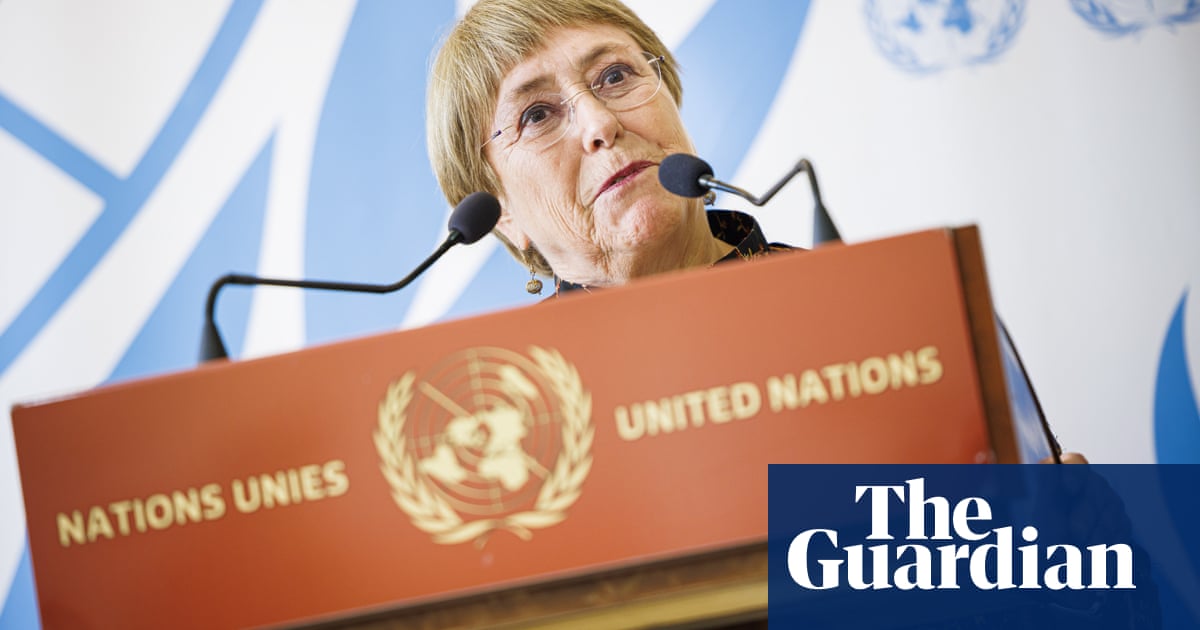UN human rights chief to forgo second term amid China trip criticism
The United Nations’ human rights chief has announced her decision to step down, citing “personal reasons”, amid weeks of speculation following her recent China trip that drew fierce criticism from activists and western politicians.
Writing on Twitter, Michelle Bachelet, who assumed the office of the UN high commissioner for human rights in 2018, said: “It is time to go back to Chile and be with family.”
Bachelet’s announcement came as pressure mounted following her recent statement on the human rights situation in China, where she conducted a six-day tour in a “closed loop” system due to Covid restrictions. But it is not immediately clear whether her decision not to seek a renewed term has to do with her handling of the trip.
Today, I briefed @UN_HRC, opening my last session as High Commissioner. I will not be seeking a second term for personal reasons. It is time to go back to Chile & be with family. I urge States to identify common ground to achieve solutions to our shared human rights challenges. — Michelle Bachelet (@mbachelet) June 13, 2022
Since Bachelet’s trip to China last month – in particular to the Uyghur minority region of Xinjiang, where rights organisations and some western governments have alleged China committed “genocide” – Bachelet and her office have received a barrage of criticism.
Activists and a number of western governments, from Britain to the EU, have urged the former Chilean president and torture survivor to publish a long-awaited report on China’s treatment of its Uyghur population in Xinjiang.
Responding to the calls, Bachelet said on Monday in a separate speech that her office was updating its official assessment of the situation in Xinjiang, and it would be shared with the Chinese government for factual comments before publication. She did not say when the report would be released for the public to scrutinise.
In an apparent attempt to address the criticism that she had not done enough, Bachelet said that while in China she had “also raised concerns regarding the human rights situation of the Uyghur and other predominantly Muslim minorities in Xinjiang, including broad arbitrary detention and patterns of abuse, both in the VETC system and in other detention facilities”.
She added: “In addition, I raised human rights concerns in the Tibet and Hong Kong regions and discussed possible follow-up actions with my office.” She reported that the Chinese government had agreed to arrange an “annual senior meeting on human rights” with her agency, but she did not give more details on the plan.
Bachelet’s speech on Monday touched on various other human rights-related issues around the world, from Afghanistan to Turkey to Venezuela. She urged her audience to invest in addressing the conditions that provoke the crises that lead to human suffering.
She particularly raised her concerns about the deterioration of women’s rights around the world. “Sexual and reproductive health and rights are critical for women’s wellbeing and for development,” she said.











